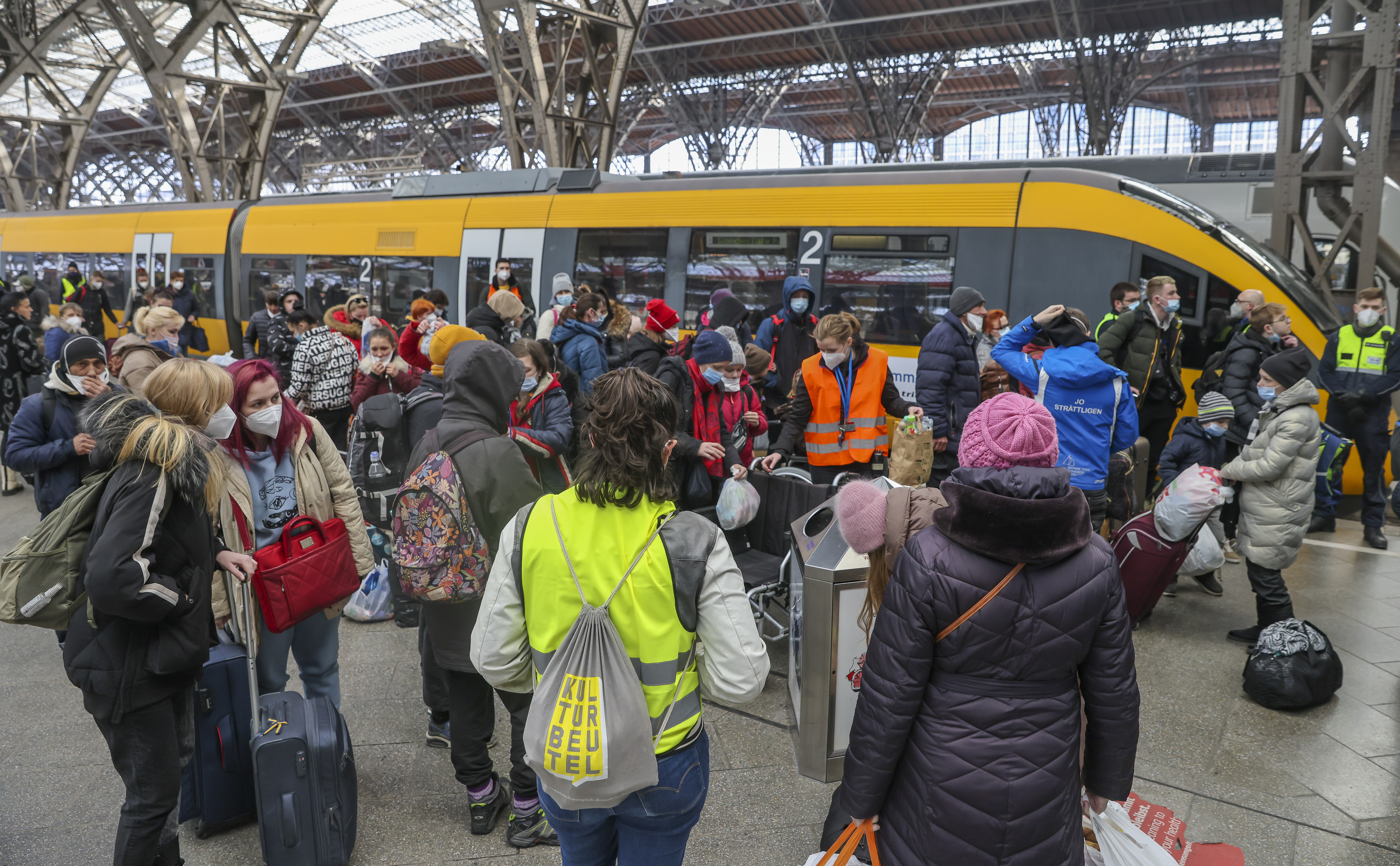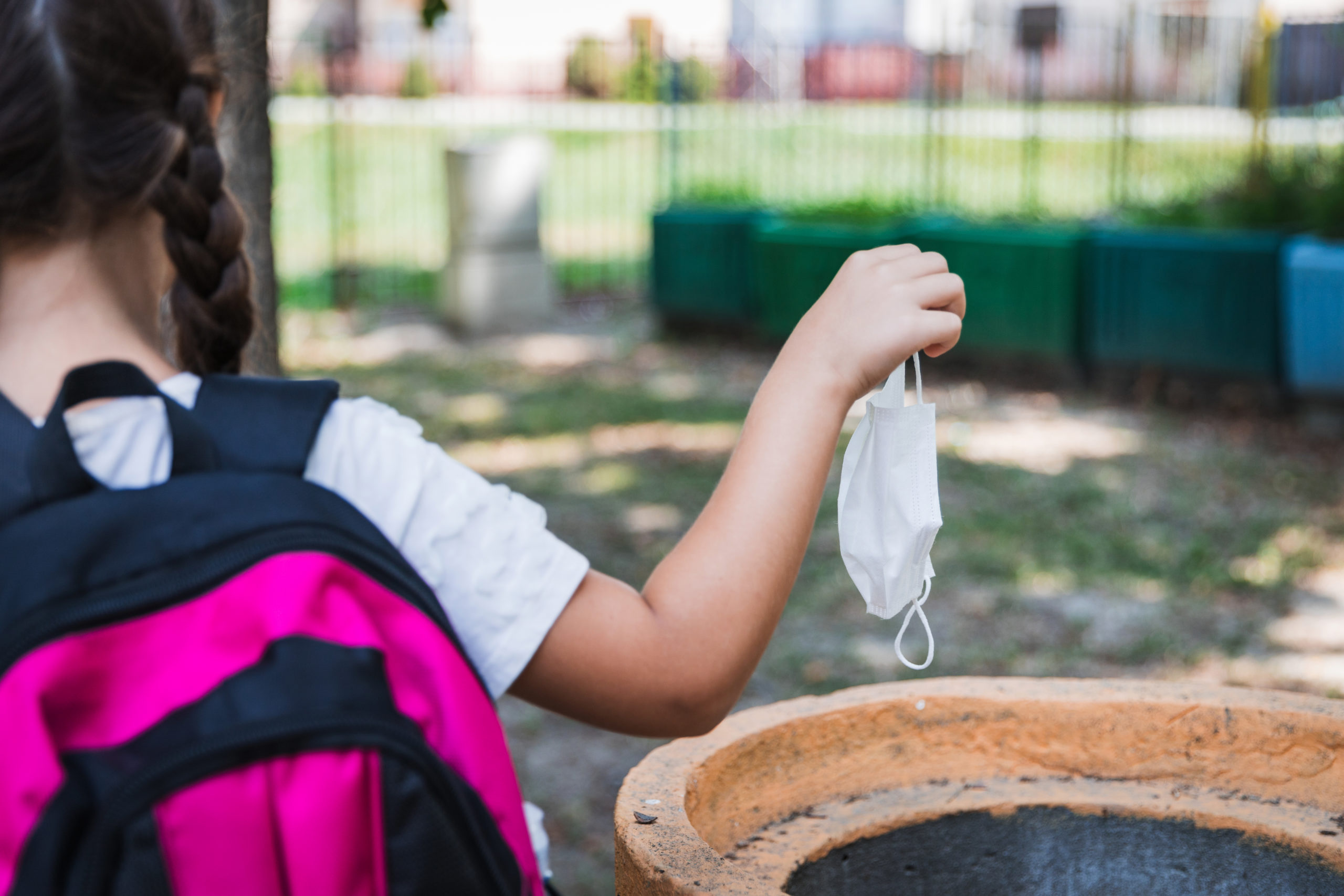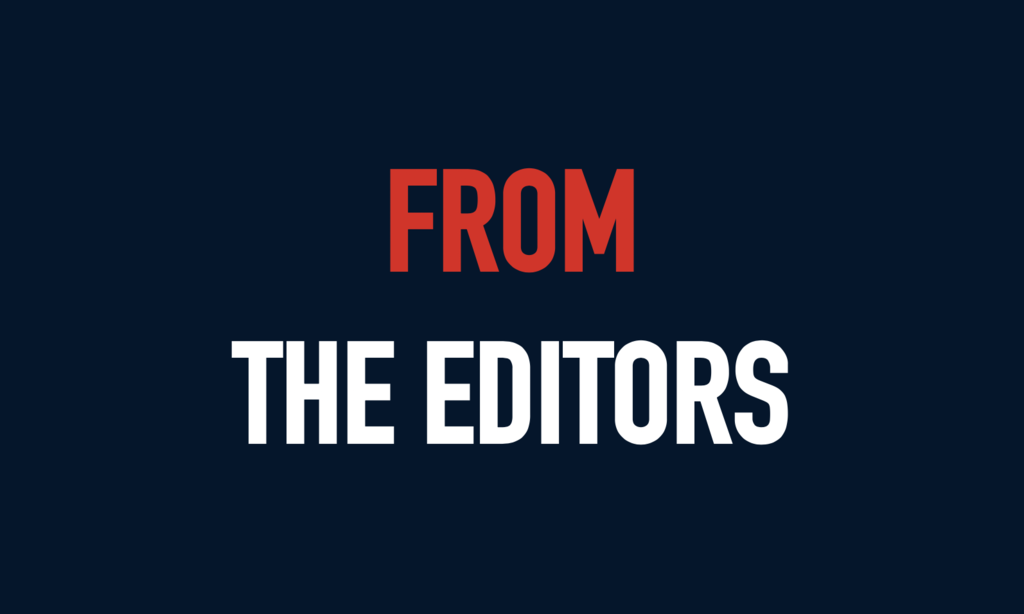You're both wrong.
Life in the Real World

What America can and can't learn from Russia.
I just returned to Budapest after a weekend away in a charming town just north of the Hungary-Romania border. The weather was balmy and bright. My hosts showed me around their beautiful home—the winding river, the historic palace, the Saturday farmer’s market. It felt just like a normal day in blissfully quiet little village.
But as I waited for my train home to Budapest, reality came crashing back to me. The train was inbound from Bucharest, delayed 30 minutes by an influx of Ukrainian refugees. Over a thousand of them are now coming through the Romanian capital each day.
After my quaint little day in that lovely town, I wasn’t prepared for what I saw on that train. Car after car was filled with women of all ages and countless children. Winter coats and snow pants hung on hooks beside coach seats. Plastic bags filled with snacks and water bottles cluttered the floor. Over-stuffed backpacks lay tucked away in overhead bins. Row after row of sunken and exhausted eyes stared into the distance.
Stunned, I sat down to talk with the first person who looked up—a teenage girl. She told me she was traveling with extended family: mother, sisters, nieces and nephews, and an elderly aunt. All the men in her family, including her father and uncle, had stayed behind to fight. We both teared up when she said she did not know when or if she would ever see them again.
Like seemingly everyone else here in Hungary, I misread Putin’s intentions in the days leading up to the war. Some reports suggest Putin even had much of his own government guessing until the last moment, but no one seems certain why the decision was finally made when it was.
Compounding the sense of shock, the entire West has been lost in a fantasy, disconnected from the hard realities of the world like I was that day in that little town. We have been lulled into ignorance, like vacationers wandering through a cheerful dreamland while bombs explode not far away. When the victims of the war came suddenly into my field of vision, I felt the shock of real life re-asserting itself.
It is time for all of us to reckon with these hard truths: war does happen, even in 2022, and no complacent dream of globalist utopia will transform the world into a peaceful place. We cannot afford to go on acting as if we have all the time and security to squabble over arcane gender theory and racial purity tests. After all, these aren’t conflicts triggered by “crazies” but the all-too-logical advances of a systematic transformation. Reality is coming for America, too. We need to be ready.
In 1978, Aleksandr Solzhenitsyn delivered his second Harvard University commencement address, “A World Split Apart.” “Hastiness and superficiality are the psychic disease of the 20th century,” declared the famed survivor of Gulag. Western ideals, he went on, offer young people:
Physical splendor, happiness, possession of material goods, money, and leisure, to an almost unlimited freedom of enjoyment. So, who should now renounce all this? Why? And for what should one risk one’s precious life in defense of common values and particularly in such nebulous cases when the security of one’s nation must be defended in a distant country? Even biology knows that habitual, extreme safety and well-being are not advantageous for a living organism. Today, well-being in the life of Western society has begun to reveal its pernicious mask (emphasis added).
If the Russian invasion of Ukraine can bring about any good, let it be a warning that the superficial, silly, decadent, pseudo-reality that Western elites propose must be rejected. We must inhabit the actual world–not the anti-reality of racialism, social justice, LGBTQIA+ rights, carbon neutrality, and other idols celebrated and imposed today.
Some on the Right wistfully congratulate Russia on rejecting these decadent Western exports and tapping instead into the wellsprings of their own ancient culture. To be sure, the profound strength and endurance of Eastern Orthodox Christianity has carried the Russian people through generations of persecution. But admiration for Putin slips readily into a fantasyland of its own. Russian autocracy is no model for the West—as much for practical reasons as moral ones. Even if we were to plant a figure like Putin in our cultural soil, it would not grow, and soon it would be ripped out or cut down.
Instead, we should take the events in Ukraine as our wake-up call to restore distinctively American cultural and political sobriety. True, we can learn from the iron-willed dissidence of Solzhenitsyn and the anguished Christian ecstasies of Dostoevsky. These men suffered enormously under the grinding facts of life in a fallen world. They were serious about building and defending culture, because they knew that great evil really can befall complacent nations. Russia helps us see what endures even amid collapse. But our task is to prevent their kind of catastrophe.
So America needs its own civic renewal, and we need to get serious about loving our traditions again. We need to teach patriotism in schools, clean out the rot of woke ideology, and resist the vain dream of smoothing all our problems away in a digitally constructed virtual empire. The world is not a heaven in the making but a place that can never be purified of danger and violence, even if our humanity is destroyed in the attempt. The only America strong enough to survive in this world is one united by our common transcendent understanding of our human blessings and limits inscribed in our nation’s founding.
For now, refugees fleeing the ravages of war, seeking a fresh start in the Free World, continue to go west. But this is not inevitable. It is possible for the West to fall, from pressure within and without. As President Ronald Reagan once quipped: “if we ever forget we are One nation under God, we will be a nation gone under.”
The American Mind presents a range of perspectives. Views are writers’ own and do not necessarily represent those of The Claremont Institute.
The American Mind is a publication of the Claremont Institute, a non-profit 501(c)(3) organization, dedicated to restoring the principles of the American Founding to their rightful, preeminent authority in our national life. Interested in supporting our work? Gifts to the Claremont Institute are tax-deductible.
Democrats don’t understand that Hispanics want to live in the real America.
To keep the masks off at schools, sane adults must seek strength in numbers.
The emerging multiethnic Right.
The Right is the only political home for anyone who wants to live in reality.





